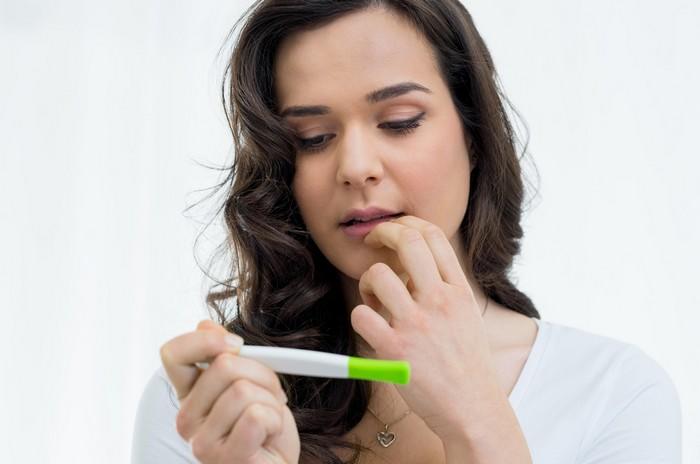For couples yearning to expand their family, the question of timing can feel like a cosmic mystery. While the desire for a baby may burn bright, pinpointing the exact moment when the stars align for conception can be elusive.
But fear not, aspiring parents! While there’s no single, magical formula, understanding the biological realities of conception and the factors that influence fertility can empower you to navigate this journey with greater confidence and optimize your chances of success.
The Fertile Window: A Celestial Gateway to Conception
Imagine the process of conception as a celestial dance between the sperm and the egg. The egg, released during ovulation, is like a shooting star, with a fleeting lifespan of about 12-24 hours. Sperm, on the other hand, are like celestial voyagers, capable of surviving in the female reproductive tract for up to five days.
This means that the “fertile window” – the timeframe during which pregnancy is possible – is akin to a celestial gateway that opens briefly each month. It typically spans the five days leading up to ovulation and the day of ovulation itself. Having sex during this crucial window significantly increases the chances of sperm meeting the egg and achieving fertilization.
Identifying Ovulation: Your Body’s Cosmic Clues
Knowing when you ovulate is key to optimizing your chances of getting pregnant. While ovulation typically occurs around day 14 of a 28-day menstrual cycle, it can vary significantly from woman to woman and even from month to month.
Fortunately, your body provides subtle, cosmic clues that can help you identify your fertile window:
Changes in cervical mucus: As ovulation approaches, the cervical mucus becomes thinner, clearer, and more slippery, resembling the consistency of raw egg whites. This change facilitates sperm movement and survival, acting like a cosmic lubricant for their journey.
Increase in basal body temperature: Your basal body temperature (BBT) – your temperature at rest – rises slightly after ovulation. Tracking your BBT over several months can help you identify your ovulation pattern, like charting the course of a celestial body.
Ovulation predictor kits: These over-the-counter kits detect the surge in luteinizing hormone (LH) that occurs before ovulation. A positive result indicates that ovulation is likely to occur within the next 24-36 hours, like a cosmic signal announcing the opening of the fertile window.
Timing Intercourse: Dancing with the Cosmic Rhythm
Once you have a better understanding of your ovulation patterns, you can time intercourse strategically to maximize your chances of conception.
Experts recommend having sex every two to three days throughout your cycle, especially during your fertile window. This frequency helps ensure a fresh supply of sperm is available when the egg is released, increasing the likelihood of fertilization.
Think of it like dancing with the cosmic rhythm – aligning your intimate moments with the fertile window enhances the chances of a celestial union between sperm and egg.
Beyond Timing: Other Factors that Influence the Cosmic Dance
While timing intercourse is crucial, other factors can influence your chances of getting pregnant:
Overall health and well-being: Both partners should be in optimal health before trying to conceive. This includes maintaining a healthy weight, eating a balanced diet, exercising regularly, and managing stress. Think of it as creating a fertile cosmic environment for conception.
Lifestyle factors:
Smoking, excessive alcohol consumption, and drug use can negatively impact fertility in both men and women. Addressing these factors before conception is important, like clearing away cosmic debris that might hinder the journey.
Age:
A woman’s fertility naturally declines with age, especially in her late 30s and 40s. If you’re over 35 and haven’t conceived after six months of trying, it’s advisable to consult a fertility specialist, who can help navigate the cosmic complexities of age-related fertility decline.
Seeking Help: When to Consult a Cosmic Navigator
If you’ve been trying to conceive for six months or more without success, it’s important to seek professional help. A fertility specialist can conduct a comprehensive evaluation to identify any underlying issues affecting your ability to get pregnant.
Remember, infertility is a common issue, and there are various treatment options available. By addressing any underlying health concerns, optimizing lifestyle factors, and working with a fertility specialist, couples can increase their chances of achieving a successful pregnancy and welcoming a new star into their universe.
The Bottom Line: A Personalized Cosmic Journey
While there’s no single “best” time to get pregnant, understanding your body’s signals, optimizing your health, and considering other relevant factors can help you make informed decisions and increase your chances of success.























